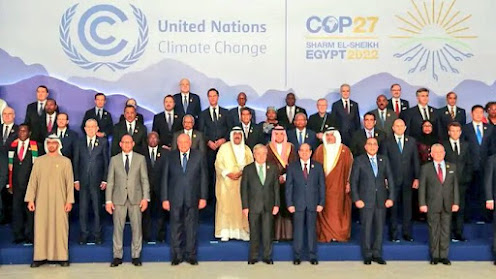Introduction: Water and Gender in Africa
Welcome to my blog! When I started to think about potential posts for this blog, I began to wonder what my own perception of Africa is. The past two years of my studies have given me insight into life in African countries, however, prior to this, my perception of Africa was framed around what I saw on TV, particularly adverts for charities and NGOs. That is where I wanted to start this blog.
Donate £10 and save a child's life
Growing up, I remember seeing skinny children with swollen bellies and flies on their faces being used as advertising assets to encourage donations. When I read Waninaina's article, it immediately brought me back to my early childhood disbelief that there were people in the world who lived such a different life to me. The message of the adverts was clear, 'they' were still living a very basic life, barely meeting their subsistence needs. In comparison, 'we' in the west, were living at the height of technological advance and had evolved far beyond the simplicity of the hunter-gatherer lifestyle. By othering the poorest countries, we are finding how Britain's imperialist policies have hindered the development of commonwealth countries, including those in Africa. The UNICEF advert below reflects these generalisations. The video reinforces stereotypes of people in Africa being 'helpless' and choosing shots where you can see their ribs to encapsulate their hunger. Is it okay to tell these stories as they attract donations, or is it exploitative and poverty porn? Leave your thoughts in the comments and join the discussion!
Africa holds 9% of the Earth's freshwater and Sub-Sahara Africa is urbanising at a rapid rate. The growth is putting pressure on not only the water supply, due to increased us and the climate crisis, but also water quality. Around 10% of the population has no sanitation system, meaning that groundwater pollution is an ongoing issue. This blog will use the theme of gender to explore the complexities of water on the African continent.
What's the relationship between water and gender?
In 2015, the UN announced 17 Sustainable Development Goals which involve various targets for countries to meet by 2030. Goal number 5 is 'Gender Equality' and goal number 6 is 'Clean Water and Sanitation, demonstrating that both factors are key to a country's development. In Ethiopia, 4,730,878 women spend more than 30 minutes a day collecting water, this demonstrates the link. If the cultural norm is for women to spend a significant amount of time collecting water, then they will be unable to get a sufficient education.
Despite this, there is an unequal distribution of men involved in water governance compared to women. This has a damaging effect as women and men use water in different ways. Unlike women, who focus on collecting water and the domestic use of the resource, men are often involved in using water for irrigation purposes, therefore have different priorities in terms of quantity and quality of water. However, it should be noted here that this is not always the case, women across the African continent are involved in agricultural projects and their involvement in society should not be limited to cooking and cleaning.
Going forward...
As Wainaina highlights, women across Africa are not one group. They are individuals who lead different lives and have accomplished different things. Therefore, throughout this blog I will avoid using the blanket statement 'women in Africa', instead I will find case studies that accurately back up the point I am making about real women with real stories. I recognise my positionality as a white British female and therefore I will continue to educate myself, hopefully, this journey will be noticeable through my blog posts.


ReplyDeleteYou have good effort in sharing your understanding of water issues in Africa from the perspective of in this introductory post. Referencing is great, and a post about the gender/water intersection in Ethiopia will be a relevant tangent to explore in subsequent post.